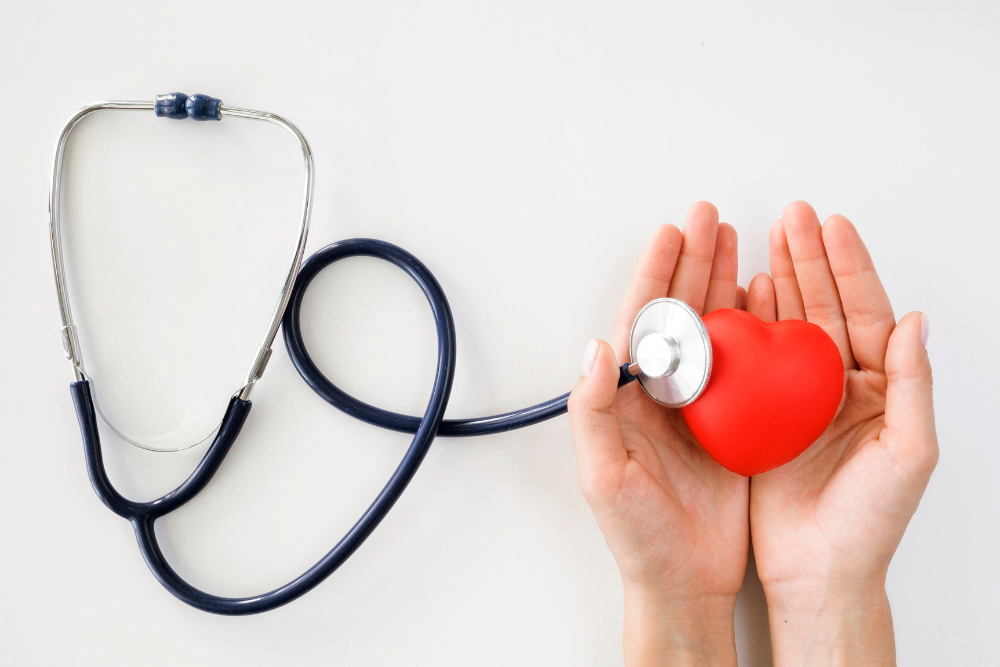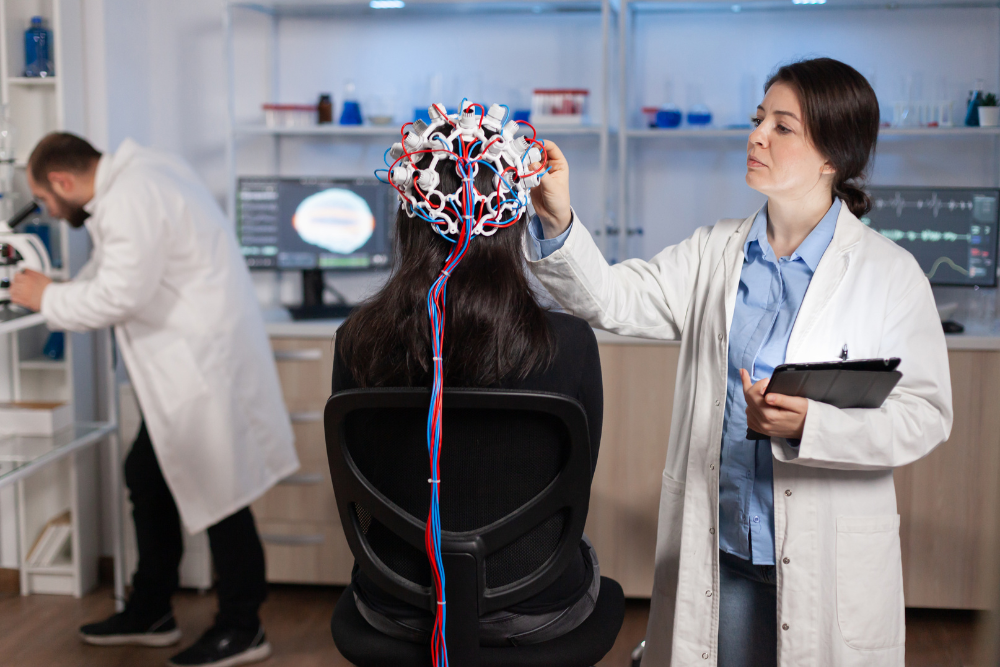Heartbreak to Heart Health: How Emotional Wellness Impacts Cardiac Care!

Love, loss, grief, and betrayal - the emotional rollercoaster of life can take its toll on our physical health. While the connection between the mind and body is well-established, its impact on cardiac health is often overlooked. Today, we delve into the fascinating link between emotional well-being and the delicate dance of our hearts.
The Emotional Toll on Your Heart
Emotional stress can trigger a cascade of physiological responses that directly impact your cardiovascular health. When experiencing stress, your body releases hormones like cortisol and adrenaline, which can:- Increase heart rate and blood pressure: This puts a strain on your heart and can lead to damage over time.
- Contribute to inflammation: Chronic inflammation is a risk factor for heart disease.
- Impede sleep quality: Sleep deprivation can further elevate stress hormones and disrupt your body's natural rhythms, ultimately impacting heart health.
- Lead to unhealthy coping mechanisms: Stress can lead to unhealthy behaviors like smoking, overeating, and alcohol abuse, all of which significantly increase the risk of heart disease.
Emotional Wellness: Your Heart's Ally
But the story doesn't end there. The good news is that tending to your emotional well-being can play a vital role in protecting your heart health. Here are some ways to nurture your emotional well-being and empower your heart:- Practice stress management techniques: Techniques like meditation, yoga, and deep breathing can effectively lower stress hormones and promote relaxation.
- Seek social support: Connecting with loved ones and fostering strong relationships can provide a buffer during challenging times.
- Engage in activities you enjoy: Make time for activities that bring you joy and reduce stress, whether it's spending time in nature, listening to music, or pursuing a hobby.
- Seek professional help: If you're struggling with emotional distress, consider seeking professional help from a therapist or counselor. They can equip you with tools to manage and overcome emotional challenges.
Heartbreak and Healing
The aftermath of heartbreak can be particularly taxing on your heart. The emotional pain associated with loss can lead to physical symptoms like chest pain, shortness of breath, and fatigue. It's crucial to allow yourself time to grieve and seek support from loved ones during this difficult time.Remember, healing is a journey, not a destination. Be kind to yourself, embrace the support system around you, and prioritize your emotional well-being. By taking care of your emotional health, you're taking a significant step towards a healthier heart.
Beyond the Blog: Empowering Your Heart
Here are some additional resources to help you on your journey to a healthier heart:Parvathy Hospital: https://www.parvathyhospital.com
National Institute of Mental Health: https://www.nimh.nih.gov/
The Jed Foundation: https://jedfoundation.org/: https://jedfoundation.org/
Remember, you are not alone. By integrating emotional well-being into your heart health journey, you can empower your heart to thrive for years to come.





